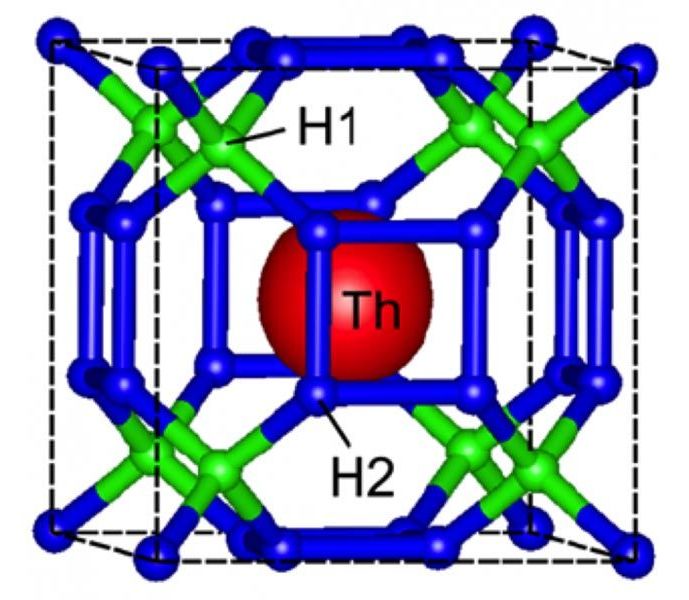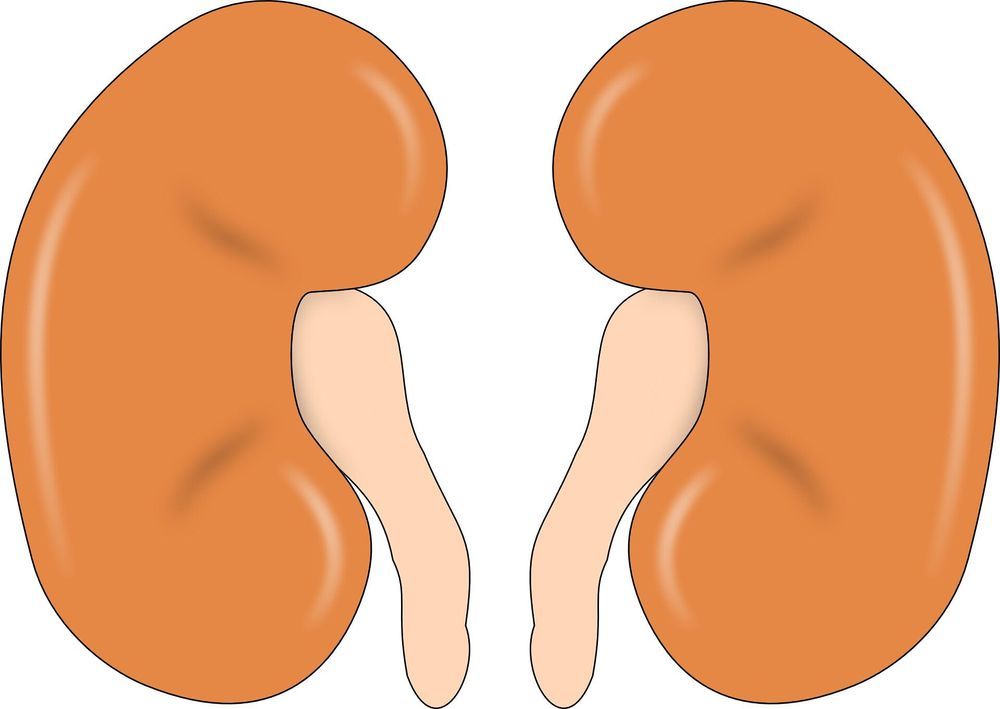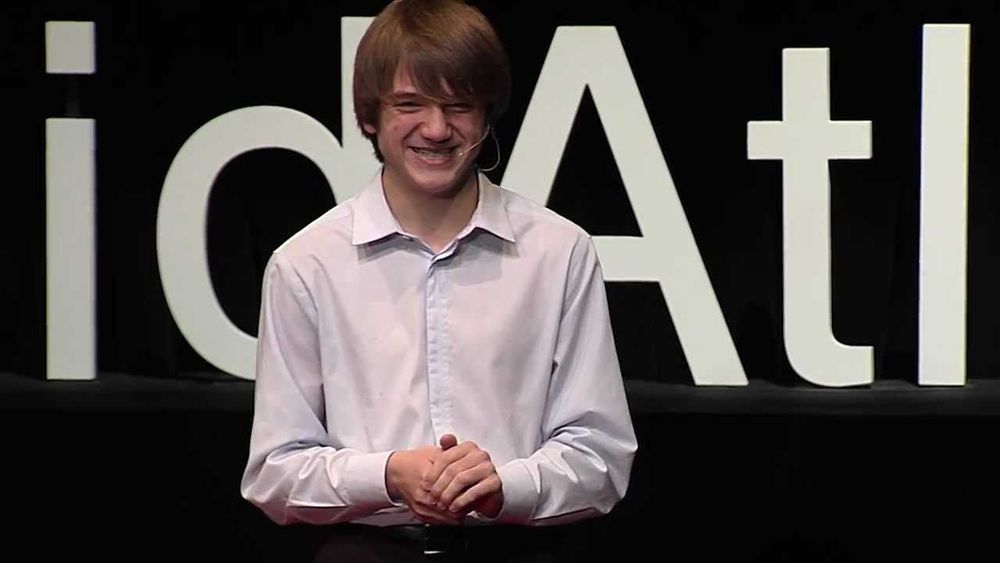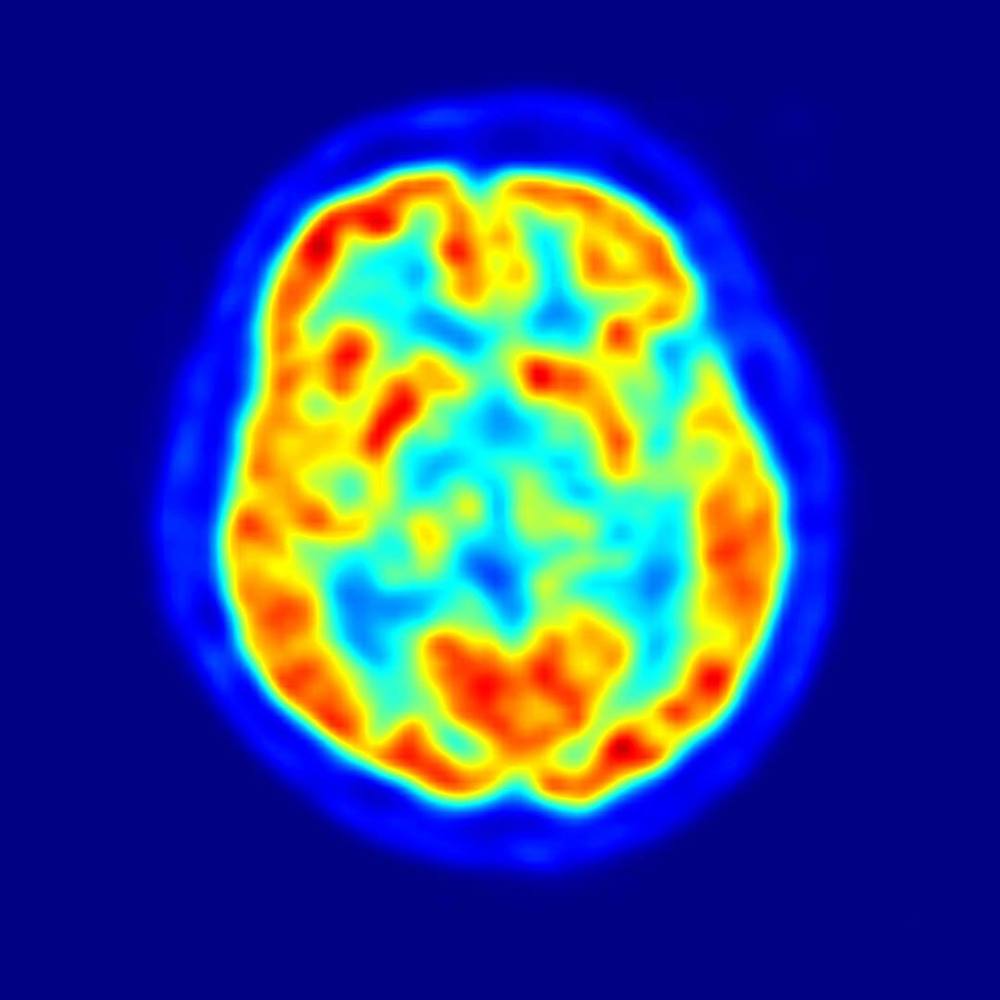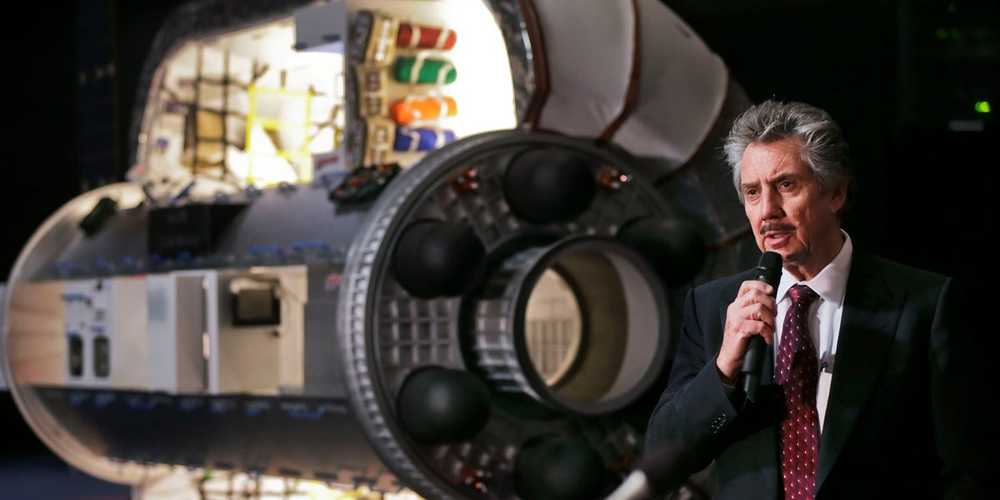Nov 9, 2019
Mayo Clinic research uses artificial intelligence to develop inexpensive, widely available early detector of silent heart disease
Posted by Genevieve Klien in categories: biotech/medical, life extension, robotics/AI
ROCHESTER, Minn. — A Mayo Clinic study finds that applying artificial intelligence (AI) to a widely available, inexpensive test – the electrocardiogram (EKG) – results in a simple, affordable early indicator of asymptomatic left ventricular dysfunction, which is a precursor to heart failure. The research team found that the AI/EKG test accuracy compares favorably with other common screening tests, such as mammography for breast cancer. The findings were published in Nature Medicine.
Asymptomatic left ventricular dysfunction is characterized by the presence of a weak heart pump with a risk of overt heart failure. It affects 7 million Americans, and is associated with reduced quality of life and longevity. But asymptomatic left ventricular dysfunction is treatable when identified.


